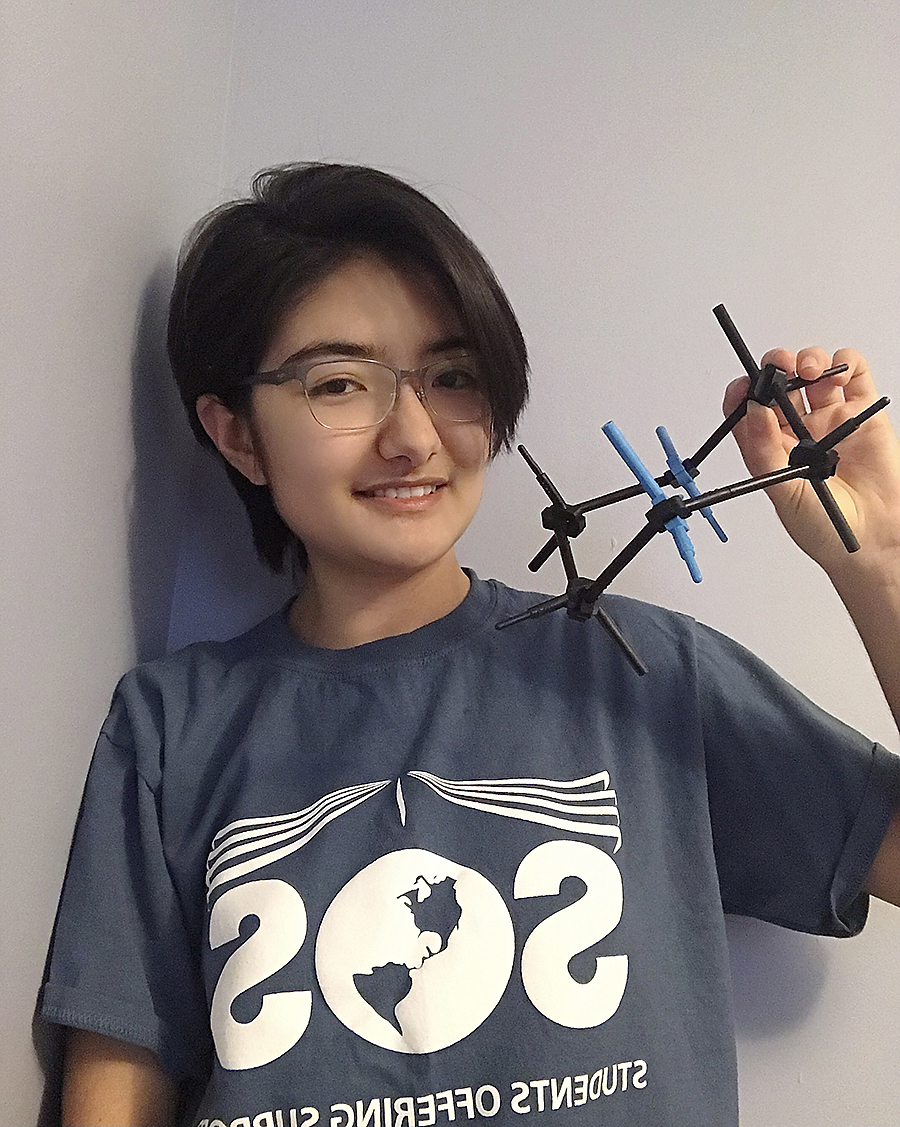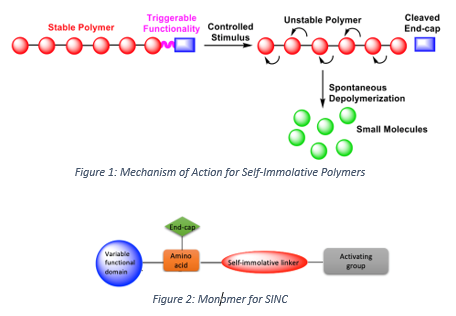Aiyireti (Dina) Dilinaer – 2021 Studentship Recipient
 Aiyireti (Dina) Dilinaer
Aiyireti (Dina) Dilinaer
Undergraduate Science Student, University of Windsor
Supervisor: Dr. John Trant
Project: “Self-Immolative NanoCapsule – A New Form of Drug Delivery for Glioblastoma Multiforme”
Generously funded by Jack Nichol Family Fund (London Community Foundation)
I am extremely honoured to receive a Brain Tumour Foundation of Canada Studentship. I have always been intrigued by the development of new medicines as well as drug delivery methods. Receiving this studentship will allow me to apply my knowledge and passion for organic chemistry in combination with my interest in medicine, to develop a targeted drug delivery method for glioblastoma multiforme in the Trant Lab.
It will also help me explore my future career options by allowing me to do research full-time for two summers. Lastly, it will provide me with the financial support that I need as an international student studying in Canada.
To think that someday the research I have conducted might be of help for brain tumour patients is truly motivating, and therefore I would like to express my sincerest appreciation to Brain Tumour Foundation of Canada and the Jack Nichol Family Fund (London Community Foundation). Thank you for your generosity and contribution towards brain tumour research, and for making all these possible.
First Summer- October 2021
During my past summer, I was able to make novel molecules as building blocks for the polymer backbone of the Self-Immolative NanoCapsule (SINC). After the building blocks were prepared, I modified them slightly by installing a linker to the molecules that can link them with one another. With the modified molecules, the project lead Mana Dashti (who is a PhD candidate) and I performed polymerization, which is preparing the polymer backbone for the SINC by joining all the building block molecules together. Mana then carried out successful depolymerization which shows the viability of the backbone to disassemble. With the current developments, I plan to continue pushing this project forward next summer by adding various side groups to the polymer backbone and assemble the NanoCapsule. With the NanoCapsule assembled, we will be able to test its efficiency in terms of crossing the Blood Brain Barrier.
In March 2021, I delivered a presentation on this topic for The 49th Southern Ontario Undergraduate Student Chemistry Conference, and the title of the presentation was “Self-Immolative NanoCapsules – A New Form of Drug Delivery for Glioblastoma Multiforme”.

Final Report – July 2023
During the 2 summers of my studentship, I was able to develop 3 different types of self-immolative polymer with the help and guidance of my PhD mantor Mana Dashti, post-doctoral mentor Dr. John Hayward, and my supervisor Dr. John Trant. These polymers have been subjected to degradation studies with thermal-sensitive end-caps, meaning when a temperature increase happens the polymer will fall apart via chain reaction. Light-sensitive end-cap is also currently being synthesized in the Trant Lab, since we would like to test if the polymer linked to light-sensitive end-cap can be degraded under the presence of visible light. After the polymer is attached to the light-sensitive end-cap, self-assembly will take place and encapsulate small molecule drugs in the NanoCapsule, and then the drug bearing capsules will be tested in-vitro and in-vivo.
While I am starting my PhD at Western University this upcoming September with Dr. Marcus Drover doing inorganic/organometallic chemistry, this project will be continued in the Trant Lab by my amazing teammates, and I have great hopes for the future of this project!